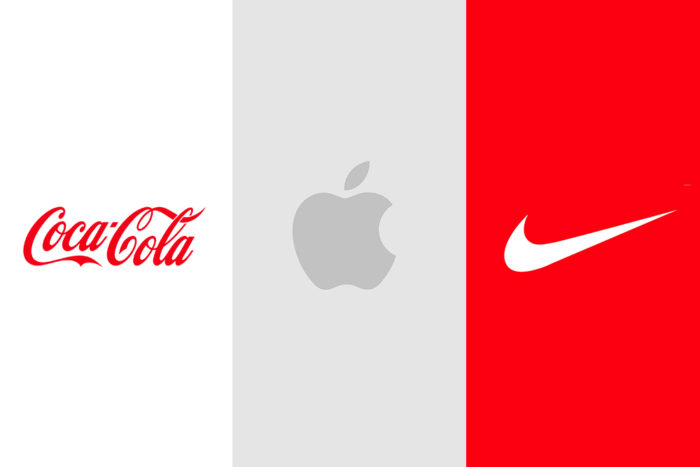In today’s marketing space, the concept that “brands are stories” has gained significant traction. However, a closer inspection reveals that brands go beyond mere storytelling. Examining well-established brands like Coca-Cola, Apple, and Nike elucidates this perspective.
1. Coca-Cola
Coca-Cola’s marketing campaigns are renowned for their ability to evoke emotions and create compelling narratives. From heartwarming holiday ads to campaigns centered around unity and happiness, Coca-Cola’s storytelling prowess is evident. Yet, the brand is more than the stories it tells. While its campaigns resonate emotionally, the success of Coca-Cola goes beyond narrative alone. It’s about creating experiences, fostering engagement, and building a visual identity that people recognize and connect with globally. For instance, the “Share a Coke” campaign, which personalized bottles with people’s names, wasn’t just about storytelling. It was a tangible experience that brought people together over a shared moment, transcending the narrative and becoming an integral part of the brand’s identity.
2. Apple
Apple is often celebrated for its captivating narratives centered on innovation and creativity. The brand’s story isn’t confined to ads; it extends to the design, user experience, and reliability of its products. Apple’s success isn’t solely due to its storytelling prowess. It’s the seamless integration, sleek design, and user-centric approach that differentiate the brand. While Apple’s narrative of innovation complements its brand identity, it’s the tangible aspects – the intuitive interfaces, high-quality products, and functional reliability – that solidify its position in consumers’ minds. The brand’s story amplifies these attributes, but it’s not the sole driving force behind its success.
3. Nike
Nike’s marketing has been fueled by powerful narratives emphasizing perseverance, determination, and empowerment. However, Nike’s brand isn’t solely built on storytelling. Beyond its compelling ads, Nike’s strength lies in its commitment to sports culture, the quality of its products, and the endorsement of top athletes. The narratives of overcoming challenges and achieving greatness are crucial components of the brand’s identity. Yet, it’s the innovative sportswear, cutting-edge technology, and alignment with athletes’ aspirations that set Nike apart. Nike’s story complements its brand but isn’t the only factor defining its success.
In essence, while storytelling plays a pivotal role in branding, these examples highlight that successful brands are more than just stories. They’re a fusion of narratives, tangible experiences, emotional connections, and functional excellence. Brands leverage stories to resonate with consumers, but the enduring success of a brand hinges on the tangible value it delivers, the experiences it offers, and the emotional connections it forges. Stories are crucial, but it’s the harmonization of storytelling with real experiences and tangible attributes that makes brands truly impactful and enduring.
WHAT’S OUT THERE: Brand Storytelling Isn’t Just Important, It’s Absolutely Critical






































